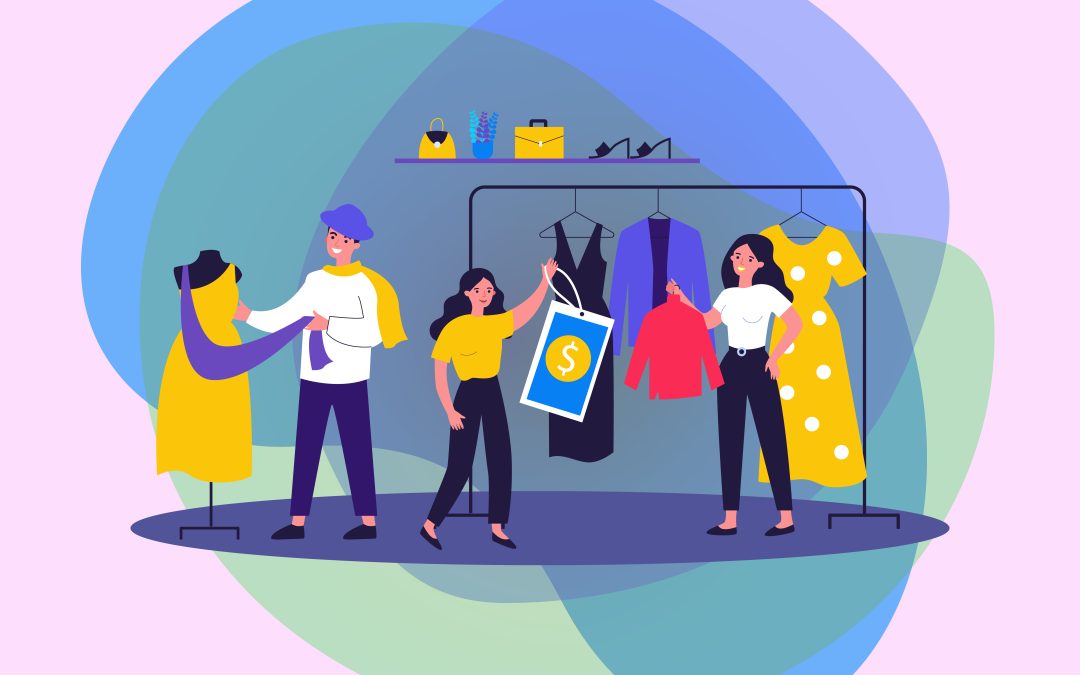In the fast-paced and constantly changing fashion world, staying relevant and connecting with audiences is both a challenge and a skillful craft. One of the most powerful but often underappreciated forces shaping the trajectory of fashion brands today is the Events Industry. From international runway shows and brand activations to immersive pop-ups and red-carpet galas, the Events Industry has become a pivotal platform for storytelling, marketing, and customer engagement in the fashion sector.
This blog explores how the Events Industry significantly influences fashion brands, from identity creation and customer experience to media visibility and sales.
Fashion and the Events Industry: A Symbiotic Relationship
The events industry and the fashion world have long maintained a mutually beneficial relationship. Fashion relies on visibility, while events offer exposure, interaction, and storytelling platforms. Major events like New York Fashion Week, Paris Haute Couture Week, and The Met Gala are not just social gatherings, they are strategic marketing events powered by the Events Industry to showcase creativity, drive media coverage, and stimulate global conversations around fashion.
For fashion brands, participating in these events isn’t just about showcasing clothing, it’s about shaping perceptions. The Events Industry provides the stage, lighting, logistics, and often, the audience that brings a fashion brand’s vision to life in real time.
The Rise of Experiential Marketing
Experiential marketing, where consumers engage with a brand through immersive experiences, is a trend heavily championed by the Events Industry. Fashion brands leverage this to transform their image from clothing providers to lifestyle curators.
Pop-ups and immersive exhibitions like Dior’s takeover of Harrods or Chanel’s traveling beauty studios are great examples. Held in different cities and carefully organized by event teams, these events mix art, fashion, and entertainment. The outcome? Lots of social media buzz, excited customers, and a stronger brand image.
The Events Industry empowers fashion brands to move beyond traditional marketing into emotionally charged, interactive experiences that deepen brand-customer relationships.
Impact on Media and Publicity
Fashion thrives on exposure, and the Events Industry is a master at generating it. A high-profile fashion event typically brings together press, stylists, photographers, influencers, and celebrities under one roof. This confluence ensures immediate and widespread media coverage across fashion magazines, blogs, and social media.
Digital platforms such as Instagram and TikTok have greatly increased the influence of the events industry. A single event, say, a Gucci runway show in a Roman amphitheater, can generate millions of impressions in hours. The Events Industry’s deep integration with public relations and digital marketing makes these events powerful media engines for fashion brands.
Fashion shows are no longer limited to industry insiders; thanks to live-streaming and online coverage coordinated by event tech teams, the Events Industry has democratized access and expanded reach like never before.
Tech Integration: Fashion Tech Meets Event Tech
Technology integration in the fashion and Events Industry has resulted in innovative experiences. Virtual fashion shows, stoked reality befitting apartments, and holographic runway models illustrate how fashion brands push the boundaries.
The Events Industry is central to these innovations. Tech-savvy event production firms collaborate with fashion brands to bring futuristic concepts to life, especially during major digital fashion weeks and hybrid events. These events showcase fashion and position the brand as a leader in innovation.
Conclusion
The Events Industry is no longer just a support function for fashion brands, it is a strategic partner and a powerful influencer. From driving media coverage and shaping brand narratives to enhancing customer experience and driving sales, the Events Industry plays a multifaceted role in fashion.
As consumer expectations shift and digital transformation speeds up, the connection between fashion and the events industry will continue to strengthen. Fashion is more than just clothing, it represents culture, experience, and identity. By bringing these elements to life, the events industry isn’t just supporting the movement; it’s at the forefront of it.


